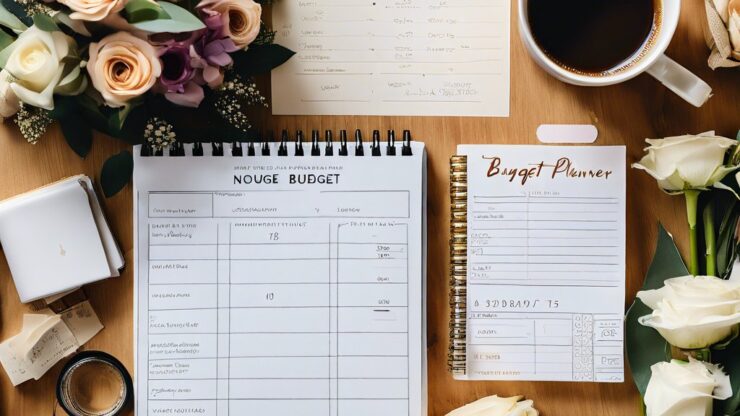Understanding the Importance of a Wedding Budget
Planning a wedding can be an exhilarating experience, but without a firm understanding of your budget, it can quickly become overwhelming. A well-structured wedding budget serves as a roadmap, guiding you through your spending and helping you prioritize the elements that matter most to you and your partner. Establishing a budget early on not only reduces financial stress but also ensures that you can allocate funds effectively to create your dream wedding.
Key Components to Include in Your Wedding Budget
When creating a wedding budget, it’s essential to identify and categorize your expenses. This approach allows you to see where your money is going and helps you make informed decisions about where to cut costs if necessary. Below is a list of critical components to consider:
- Venue: This is often the largest expense, including rental fees and any necessary deposits.
- Catering: Food and beverage costs can vary widely depending on your guest count and menu choices.
- Attire: Wedding attire for the couple, as well as outfits for the bridal party.
- Photography & Videography: Capturing your special day is an investment worth making.
- Decor & Flowers: Floral arrangements, centerpieces, and overall decor style.
- Entertainment: Music, DJs, or live bands to keep your guests entertained.
- Stationery: Invitations, save-the-dates, and thank you cards.
- Miscellaneous: This includes items like transportation, wedding favors, and any unexpected expenses.
Strategies for Staying on Track with Your Wedding Budget
Staying on budget requires discipline and organization. Here are some effective strategies to ensure you remain financially mindful throughout the planning process:
- Set a Realistic Budget: Start with a total budget based on your financial situation and stick to it.
- Prioritize Wedding Elements: Determine which aspects of the wedding are most important to you and allocate funds accordingly.
- Track Your Spending: Maintain a spreadsheet to monitor expenses and ensure you don’t exceed your budget.
- Communicate with Vendors: Be upfront with vendors about your budget to avoid surprises.
- Remain Flexible: Be prepared to adjust your budget as necessary; priorities may change as the planning progresses.
Disclaimer
This article has been created or edited with the support of artificial intelligence and is for informational purposes only. The information provided should not be considered investment advice. Please seek the support of a professional advisor before making any investment decisions.






